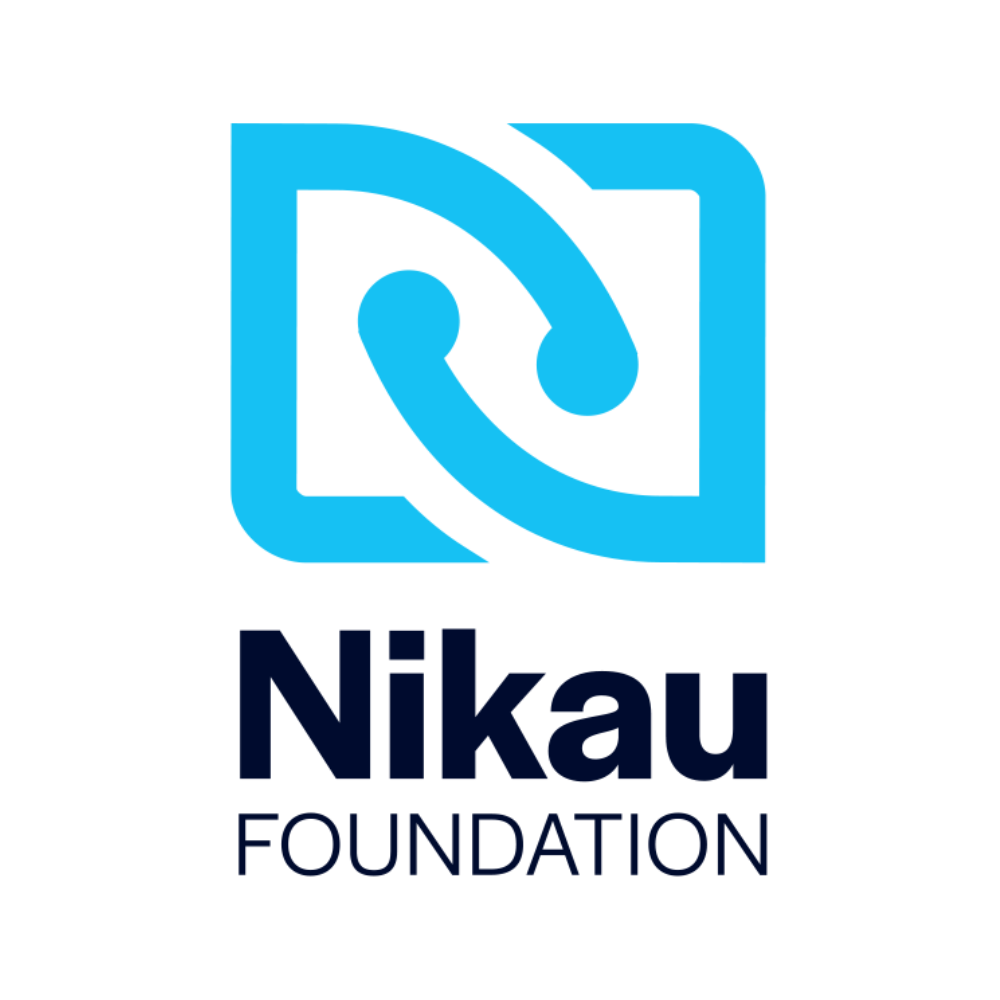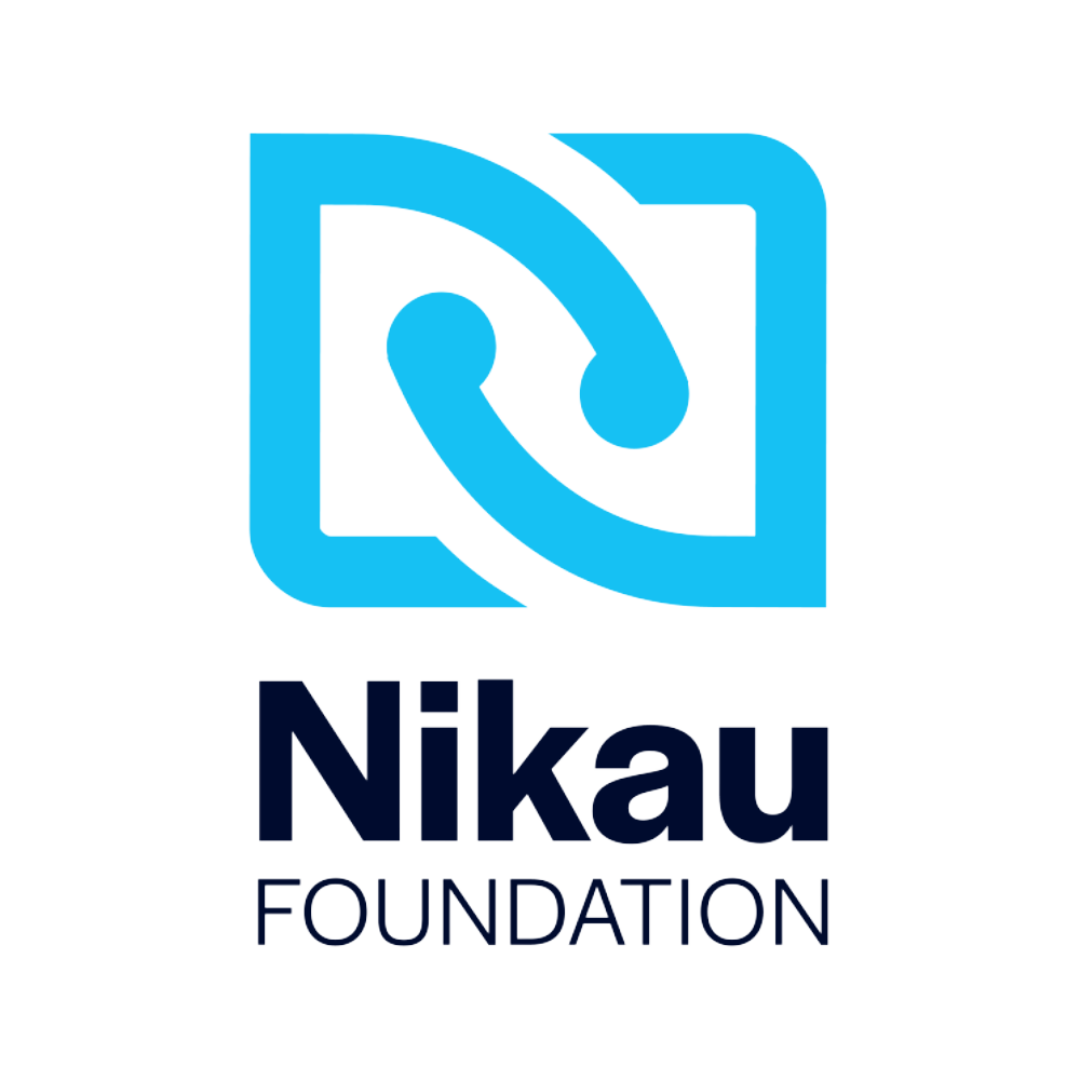Supporting the mental health and wellbeing of Porirua youth.
For youth worker, Tautiaga Faaeteete (Tau), the penny dropped at one of ZEAL’s youth photography exhibitions. A participating student, accompanied by his parents stood proudly by his work. It was the first time the parents had visited the school without a stern meeting with the principal, the first time they had realised their son was creative and the first time the student had felt a sense of self-worth and accomplishment.
“This is why we do what we do,” says Tau, “the types of experiences ZEAL creates are life changing for our rangatahi.”
Image Credit: ZEAL Wellington
Life changing work
According to a 2020 Report by UNICEF, Aotearoa New Zealand has the second-highest rate of suicide in the OECD. Māori and Pasifika youth are four times more likely to attempt suicide than Pākehā. Faced with this statistic, youth development organisation, ZEAL launched an in-school culture and identity mentoring programme with an emphasis on suicide prevention.
“A lot of Pasifika youth often aren’t used to talking about their feelings,” says Tau, “they may have problems, but don’t have the emotional tools to articulate them.” That’s where ZEAL comes in. “We help give rangatahi the language to tell their stories.”
ZEAL tailor their approach to the needs of the individual and the challenges they are facing with the goal of building relationships built upon trust and equipping young people with the tools to make good decisions. Sometimes, making a positive change in a young person’s life starts with something as simple as a chat over a coffee or a quick trip into the city, says Tau. “It’s all about creating positive moments to interrupt the mess so rangatahi can discover what makes them tick and come alive.”
Meaningful funding
With COVID exacerbating so many mental health challenges that were bubbling under the surface, ZEAL wished to extend its mental health mentoring programme to Porirua, where they saw a great need. With help from a $7,500 grant from the Nikau Porirua and Zac Pearson Funds, ZEAL were able to engage two youth workers to mentor six rangatahi per term.
“This funding means helping rangatahi at a crossroads,” says Tau, “it allows us to work with at-risk youth and provide a foundation to help them manage their mental health. It's so important."


